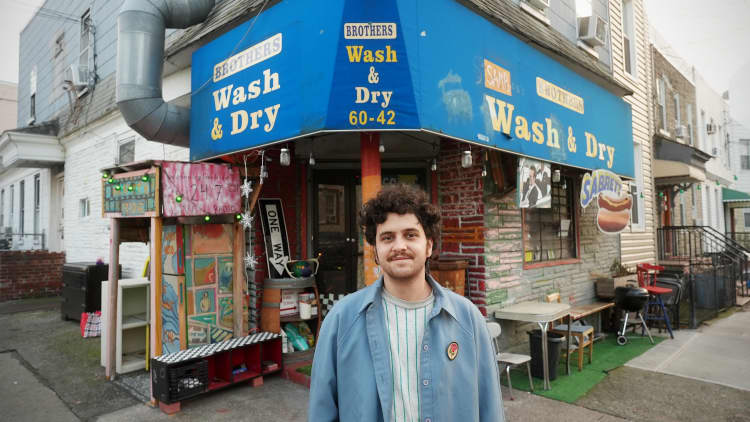Buying someone a coffee or holding the door open for the person behind you are examples of one of the simplest ways to increase your happiness: generosity.
Consider the joy that Ruth Gottesman brought to current and future students of Albert Einstein College of Medicine with her $1 billion donation that will help them receive a tuition-free education. Research shows that that happiness is also likely to extend to Gottesman.
"l feel blessed to be given the great privilege of making this gift to such a worthy cause," Gottesman said, according to CNBC.
"One of the quickest and easiest ways to get happier is to be generous," Dan Harris said in a recent episode of his podcast, "Ten Percent Happier with Dan Harris."
DON'T MISS: 3 ways to ‘buy happiness’, says Harvard expert: With ‘a little knowledge and practice’ anyone can do it
In a small study of 50 people, published in 2017 in Nature Communications, participants were gifted a total of $100 over several weeks. Half of the group was instructed to spend the money on anything they wanted for themselves, and the other half was asked to use the money to buy things for other people.
By the end of the experiment, those who spent the money on others reported higher levels of happiness than those who spent it on themselves.
But "generosity obviously is not just about giving money. In some ways, that's the least interesting part of it," said Chris Anderson, curator of TED who spoke with Harris for his podcast. Anderson recently published a book titled, "Infectious Generosity: The Ultimate Idea Worth Spreading."
You can also receive the positive feelings associated with happiness by being generous in other ways like investing time by doing community service and performing acts of kindness for people you know and don't know, Anderson noted.
According to the Cleveland Clinic's health blog, helping people and giving things to others can increase your "feel good" chemicals like dopamine, serotonin and oxytocin.
The scientific explanation behind that is that "we are wired to be generous," Anderson said. "We feel each other's pain. When we see another human suffering, we want to do something about it."
We're social species, so we "survive a lot better" when we're kind to each other, he added. Think about when you watch a movie and see someone suffering, Anderson said; crying or having an emotional response to that is "a weird piece of biological magic happening, that is a key part of the generosity engine."
And it's okay and normal to be proud of your generous gestures, and you shouldn't be ashamed of that, Anderson said.
"If we can celebrate the fact that someone can be generous, and at the same time know that their reputation may be enhanced, and know that they may feel some extra happiness at the end of the day…that is awesome. That is not bad," he said during the podcast.
"We've always been told 'give and you shall receive.' It's really, really true now, more so than it has ever been," Anderson said.
"I think that in this connected age, everyone should be more generous and be amazed at what happens next."
Want to land your dream job in 2024? Take CNBC's new online course How to Ace Your Job Interview to learn what hiring managers are really looking for, body language techniques, what to say and not to say, and the best way to talk about pay.



